How Inflation Affects Purchasing Power Explained
Discover how inflation affects purchasing power in simple terms. Learn why the purchasing power decreases and why prices for goods and services rise over time. Explore the reasons behind inflation and its impact on your finances.
FINANCE & ECONOMICS
Describing The term Inflation
In simple terms inflation means the purchasing power of money is getting reduced and the prices of goods and services are increasing over time.
What Happens due to Inflation?
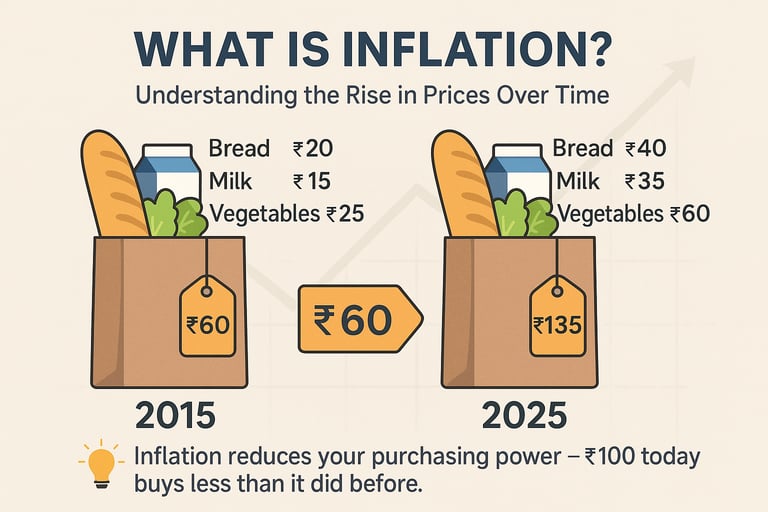

1. Currency loses value: 100 rupees today will buy you less next year
2. Reduce in real terms savings: Bank account interest rate is 1% and Inflation rate is 4% then we are losing 3% in real terms.
3. Cost of living rises: food rent healthcare fuel gets more costly
4. Debt becomes cheaper: Borrowers repay loans with cheaper rupees in future. If you take a loan of 1 lakh today for 5 years and inflation rate increases every year then the money you repay in the future is worth less than it is today.
Rs 100 /- could buy you in 2015 to 2025.
The above picture depicts what Rs 100 /- could buy you in 2015 to 2025.
" By looking at the data over 10 years we have seen that the purchasing power of money had declined till 2022 after that it has increased to some extent from 2023 to 2025.
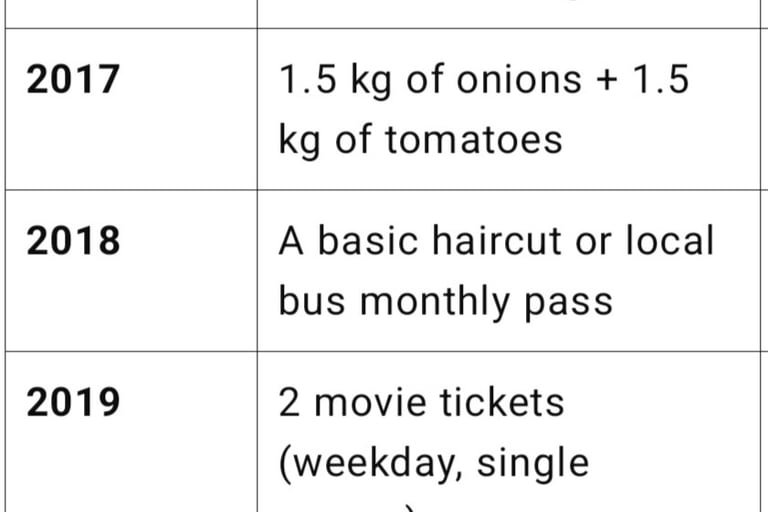

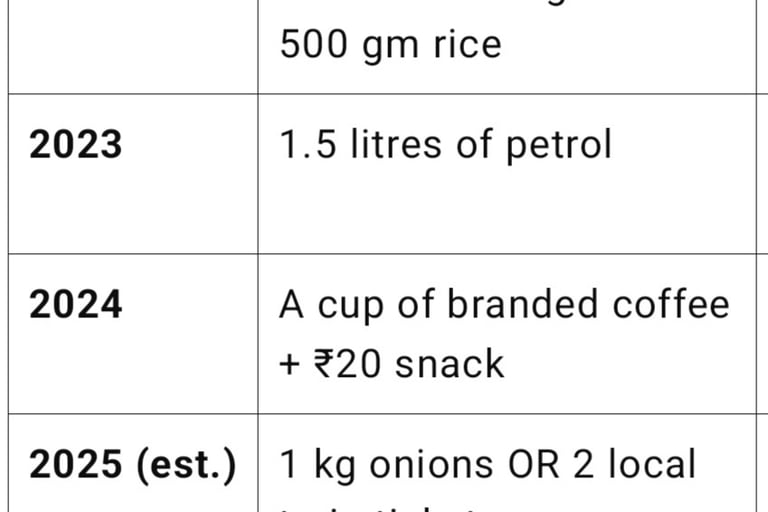


Courtesy: Youtube Channel @morningmoneybuzz
What are the common causes of inflation?
1. Demand Side Inflation
When the demand for goods and services are more than supply for the same. In simple words when demand is more than supply then the prices of goods and services rises leading to inflation.
a. Consumer income increase due to higher wage, tax rebates and easy loans
b. Increase in demand for labour and materials as companies invest in their expansion
c. When government introduce money into the economy like (Stimulus Package) to jumpstart or revive growth, jobs and consumer confidence.
d. When foreign demand for country’s good and services increases.
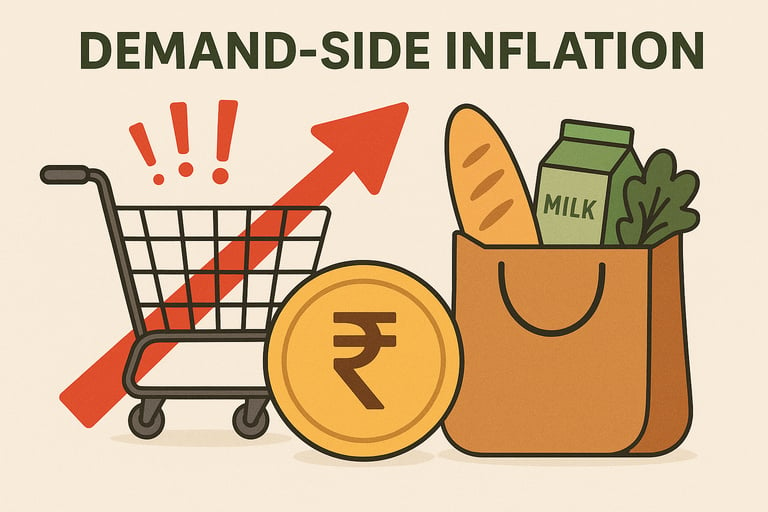

2. Supply Side Inflation
When the cost of production rises for the goods and services and the demand remains unchanged. In simple words when supply is less than the demand then also the prices of goods and services rises leading to inflation.
a. Rise in wages as workers demand for higher wages.
b. Rise in the price of raw materials
c. Disruptions in supply chain because of war and natural disasters
d. Higher regulation in taxes
e. Depreciation in currency like Indian rupee weakens and imported goods become more costly.
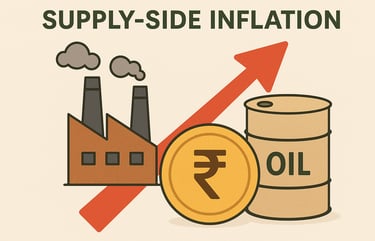

What measures to take to save from Inflation?
If you don’t increase your income or savings with time then the same amount of money will buy you less amount of same goods and services in future.
1. Invest instead of just save: Index funds, ETFS & diversified portfolios
2. Use High Yield Saving accounts or Certificate of Deposits.
3. Invest in real estate & gold
4. Upskill to increase in income.



